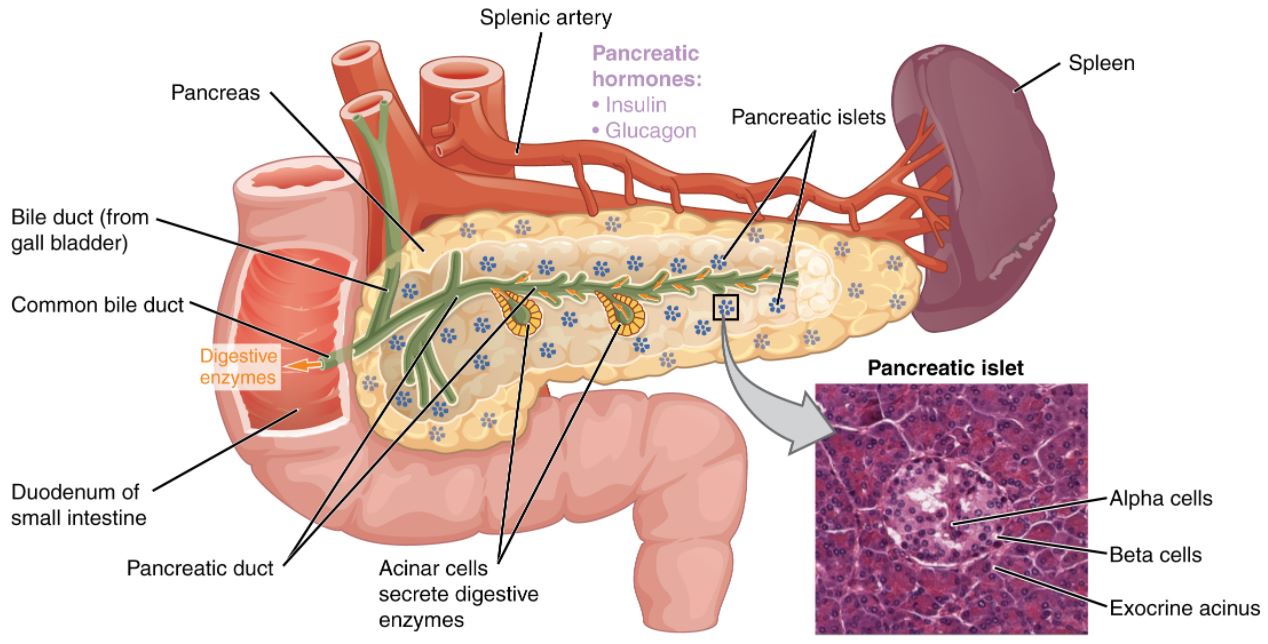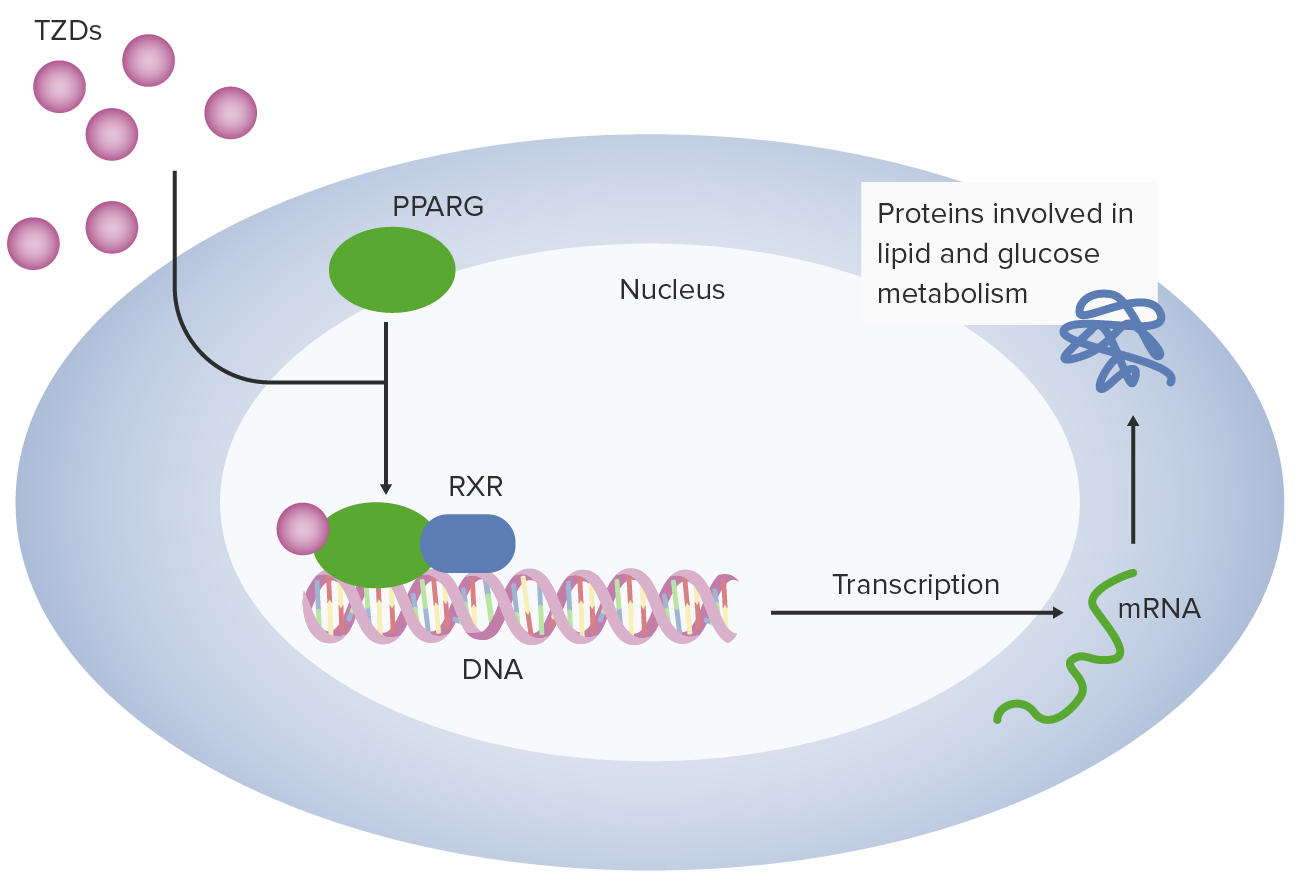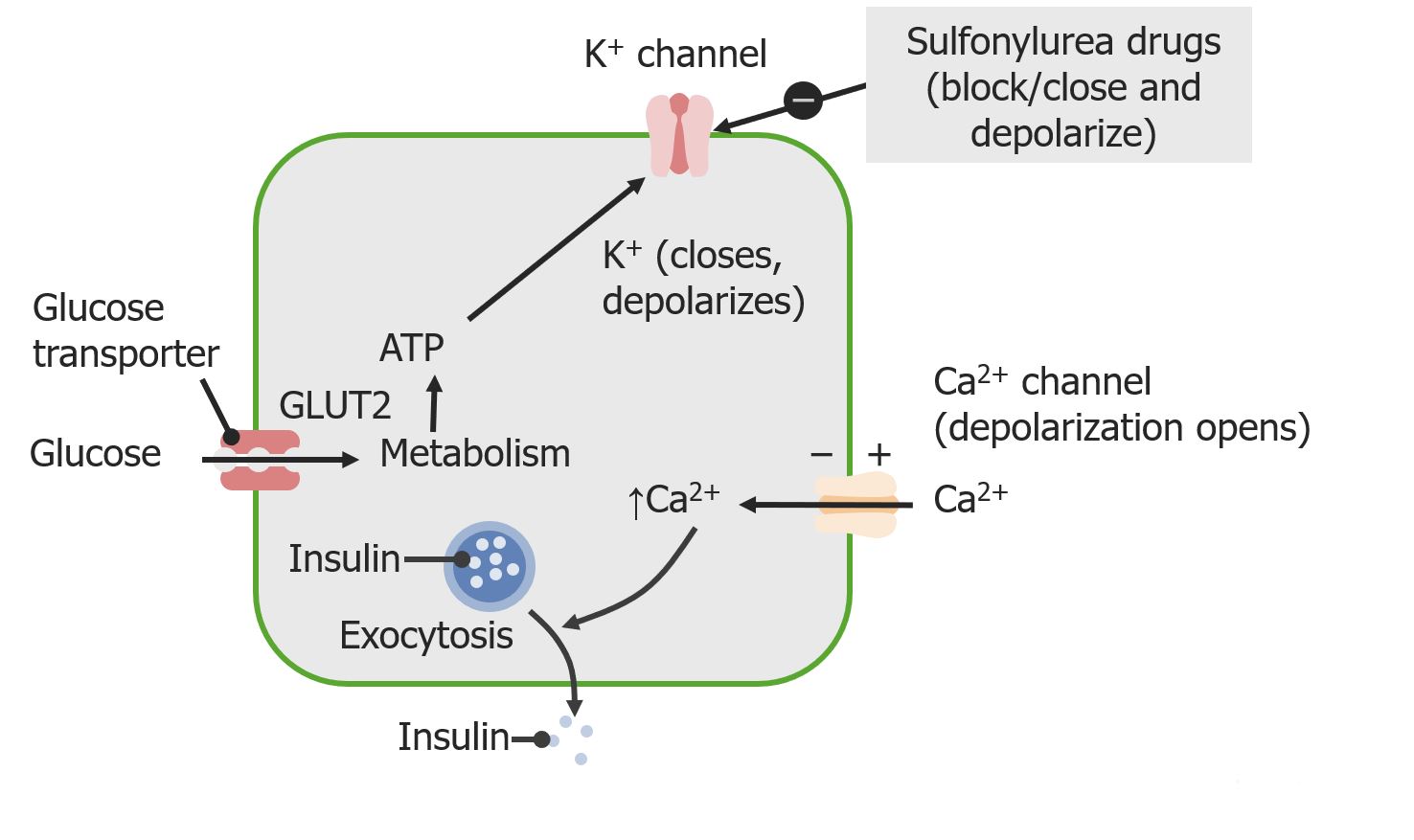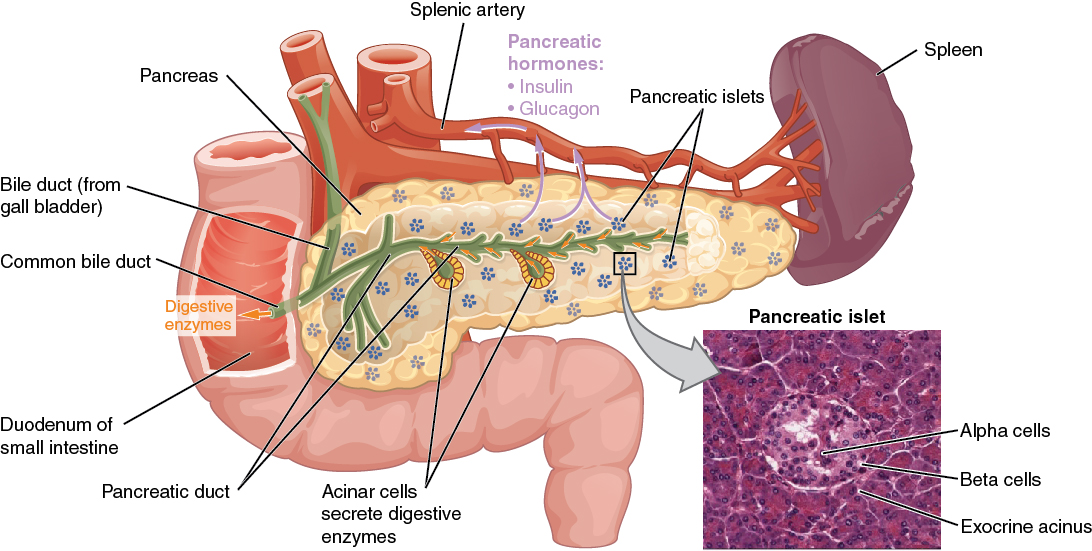Playlist
Show Playlist
Hide Playlist
Gestational Diabetes
-
Slides Gestationaldiabetes Obstetrics.pdf
-
Download Lecture Overview
00:02 Now let's talk about gestational diabetes. 00:06 All pregnant women should be screened for gestational diabetes between 24 to 28 weeks gestational age. 00:13 Now there are some women that are at high-risk and they should be screened in the first trimester and again at 24 to 28 weeks if negative in the 1st trimester. 00:22 Let's talk about some of those high-risk factors. 00:24 So previous history of gestational diabetes. 00:27 If they are obese meaning BMI greater than 30 kilograms per meter square. 00:32 If they have advance maternal age meaning older than 35 years old. 00:36 Certain ethnic groups including African-American, Hispanic women. 00:40 And then if they have a history of an infant with macrosomia. 00:43 Again these women should be screened in the 1st trimester. 00:48 There are different comlications, both on the maternal and fetal side that go along with gestational diabetes. 00:54 Possible maternal complications are increased rate of operative delivery, development of type 2 diabetes in future, hypertensive disorders, obesity and recurrent gestational diabetes. 01:04 Fetal complications could be congenital malformations, fetal macrosomia, perinatal death, birth injuries and neonatal hypoglycemia. 01:12 So what does the screening entail? Well, we tell patients to eat their normal diet but not anything too sugary. 01:21 They go to the lab, they drink a 50 gram oral glucola test. 01:25 And then after an hour their blood sugar is drawn. 01:29 Remember, some testing facilities may use a lower value somewhere between 130 to 140 as their positive screening limit. 01:37 But again this is a screening test. 01:38 So now we need to do the confirmation test. 01:41 So the confirmation test is actually a three hour test. 01:44 So for patients that are being diagnosed with gestational diabetes, they have a test that involves a fasting blood sugar. 01:53 They drink a 100 gram glucose drink. 01:55 And their blood sugar is drawn at 1 hour, 2 hours and 3 hours. 02:00 So what's considered abnormal for this now screening to diagnosing gestational diabetes. 02:09 If a fasting blood sugar is greater than 95 milligrams per decalitre, 1 hour greater than 180, 2 hours greater than 155 or 3 hours greater than 140. 02:19 Those are the normal values. 02:21 If two or more of these are abnormal then the patient indeed has gestational diabetes. 02:27 So initially our management involves diet modification. 02:31 However, if blood sugars are not controlled by diet then we'll need to manage with oral hypoglycemic or insulin. 02:38 All women that are diagnosed with gestational diabetes should be screened for overt diabetes in the postpartum period. 02:45 Now that test is a little bit different. 02:47 First women have a fasting blood sugar. 02:50 Then they drink a 75 gram oral glucose tolerance amount. 02:55 And then their blood sugar is drawn two hours later. 02:57 This can be performed anywhere between 6 and 12 weeks postpartum. 03:02 Women with gestational diabetes have a 15 to 50% lifetime risk of developing diabetes. 03:10 This is very important to make sure your patients understand. 03:13 This is one of the reasons it's important to do that postpartum screening to see if patient has overt diabetes. 03:18 But also to make sure that they are screened annually. 03:21 Either through their primary care physician or through their gynecologist. 03:25 So let's try a case. 03:28 A 37 year old Gravida 2 Para 1 female at 26 weeks gestation presents to discuss the results of her 3 hour OGTT. 03:36 Her results are listed below. 03:38 A fasting blood sugar of 110 milligrams per decalitre. 03:42 1 hour of 200 milligrams per decalitre. 03:45 2 hours of 112 milligrams per decalitre. 03:48 And 3 hours of 110 milligrams per decalitre. 03:52 What is the next best managed step in her management? Well first of all looking at those lab values, what is her diagnosis? Well, I see that her fasting blood sugar is greater than 95. 04:07 And her 1 hour is greater than a cut off of 180. 04:10 This gives her a diagnosis of gestational diabetes. 04:13 So for our management, do we want to. 04:16 A. Place her on insulin. 04:18 B. Start an oral hypoglycemic medication. 04:21 C. Begin antenatal testing or D. Recommend diet modification. 04:25 What do you think? That's right. 04:28 We want to recommend diet modification. 04:30 That's the place to start. 04:32 If after two weeks of observing blood sugars, they seem to still not be control, now we need to look at either doing an oral hypoglycemic or we need to do insulin for management.
About the Lecture
The lecture Gestational Diabetes by Veronica Gillispie, MD, MAS, FACOG is from the course Antenatal Care. It contains the following chapters:
- Gestational Diabetes
- Diagnosing Gestational Diabetes
Included Quiz Questions
Which of the following patient populations should be screened for gestational diabetes?
- All pregnant women
- Pregnant women with a family history of diabetes
- Pregnant women with a history of gestational diabetes
- Pregnant women who are obese
- Pregnant women who have glucosuria
Who should be screened for gestational diabetes before weeks 24 - 28 of gestation?
- High-risk women
- Low-risk women
- Women with financial means
- Caucasian women
- Women who are between the ages of 24 - 29
A 34-year-old G2P1 woman at 25 weeks gestation has a blood glucose level of 150 mg/dL one hour after consuming 50 g of oral glucose. What is the next best step in her management?
- Perform a 3-hour confirmation test with 100 g oral glucose drink
- Start dietary management of gestational diabetes
- Proceed with routine prenatal care
- Start oral hypoglycemic treatment for gestational diabetes
- Start insulin management of gestational diabetes
A 38-year-old G5P4 woman undergoes a 3-hour glucose tolerance test after screening positive for gestational diabetes during her first trimester. Her fasting blood sugar is 100 mg/dL, 1-hour blood sugar is 200 mg/dL, 2-hour blood sugar is 155 mg/dL, and 3-hour blood sugar is 145 mg/dL. What is the next best step in her treatment plan?
- Start dietary management of gestational diabetes and follow up in 2 weeks.
- Start oral hypoglycemic management of gestational diabetes and follow up in 2 weeks.
- Start insulin management of gestational diabetes and follow up in 1 week.
- Results are borderline so perform a 3-hour confirmation test again in 1 week.
- Results are within the normal range, so proceed with routine follow-up.
Customer reviews
5,0 of 5 stars
| 5 Stars |
|
1 |
| 4 Stars |
|
0 |
| 3 Stars |
|
0 |
| 2 Stars |
|
0 |
| 1 Star |
|
0 |
Great lecture, Really helped me understand gestational diabetes tests better







